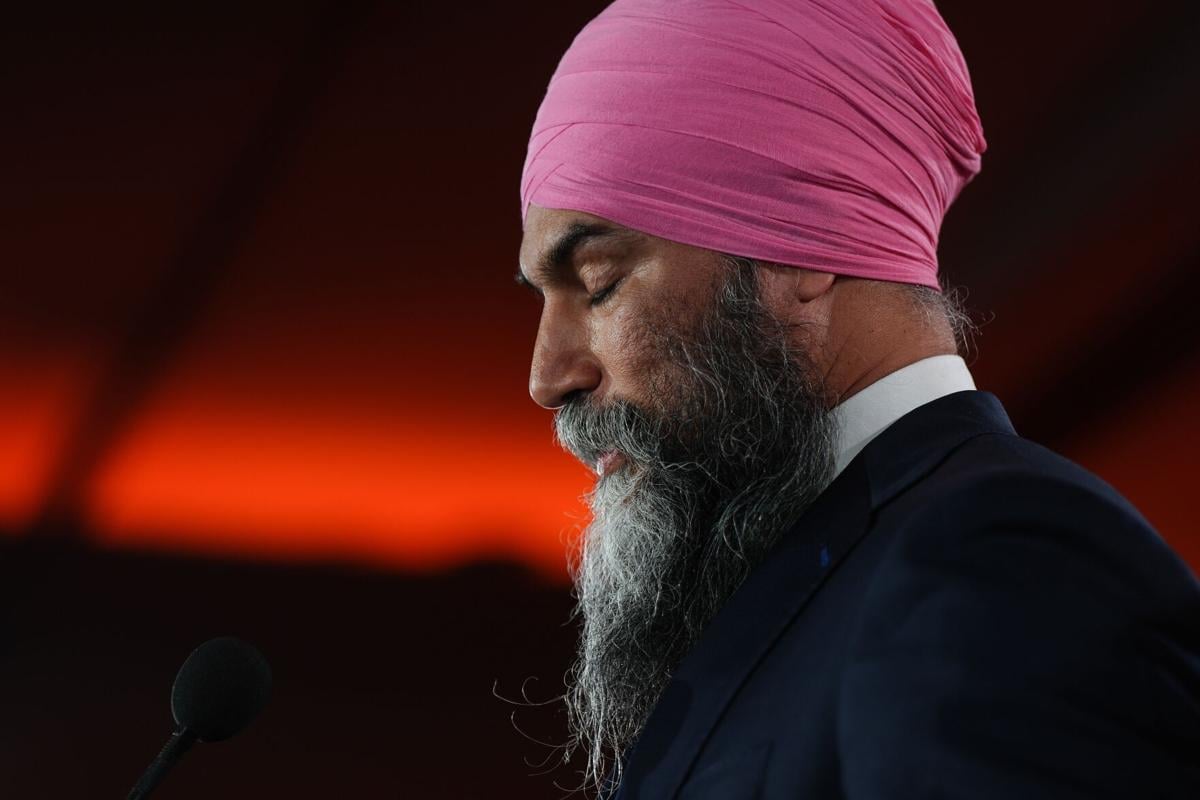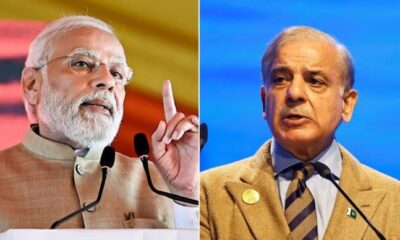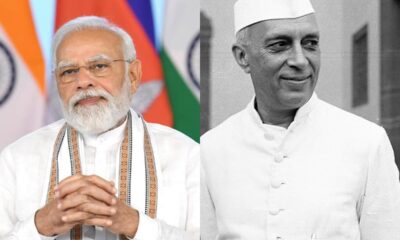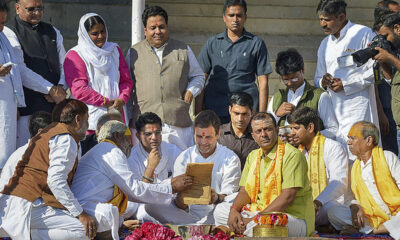The 2025 Canadian federal election delivered a political earthquake—one that could reverberate well beyond Canada’s borders. Jagmeet Singh, leader of the New Democratic Party (NDP), faced a humiliating defeat that not only cost him his own seat but reduced his party to a paltry eight seats, stripping it of official party status in the Canadian Parliament. Once seen as the kingmaker propping up Justin Trudeau’s minority government, Singh has now resigned, marking an abrupt and symbolic end to his political clout.
Yet beyond electoral math, this outcome carries deeper geopolitical ramifications. Singh was not merely a left-leaning progressive leader; he was a controversial figure who openly espoused causes that strained India-Canada relations—chief among them, the Khalistan separatist movement.
A Leader with a Polarizing Legacy
Jagmeet Singh’s rise in Canadian politics was historic: he was the first person of a visible minority to lead a major federal party. But his legacy is mired in controversy. His refusal to unequivocally condemn the 1985 Air India bombing—the worst act of terrorism in Canadian history, perpetrated by Sikh extremists—deeply offended Indian communities and mainstream Canadians alike. Singh’s decision to label the 1984 anti-Sikh riots in India as “genocide,” while politically expedient for diaspora support, further alienated New Delhi.
India denied Singh a visa in 2013, citing his anti-India rhetoric. His 2015 participation in a San Francisco rally that glorified Khalistani militant Jarnail Singh Bhindranwale—a man whose armed occupation of the Golden Temple led to Operation Blue Star—cemented his image as a sympathizer of separatist extremism.
Khalistan in Canada: A Diaspora-Driven Dream?
Canada, with its large and politically active Sikh diaspora, has long been a fertile ground for Khalistani sympathizers. While only around 2% of Canada’s population is Sikh, their demographic concentration in urban pockets like Brampton and Surrey has afforded them outsized political influence.
Jagmeet Singh leveraged this base to secure leadership of the NDP and wield kingmaker status in Trudeau’s coalition. In return, he pushed for policies that increasingly frustrated India—ranging from condemnations of Indian farm laws to silence on anti-India extremism operating out of Canadian soil.
However, Singh’s electoral downfall is not just a personal failure—it signals a broader waning of political legitimacy for Khalistani narratives in Canadian mainstream politics. While grassroots movements and gurdwara politics may continue to espouse such ideologies, their foothold in Parliament has been decisively weakened.
India-Canada Tensions: A Shifting Landscape
Singh’s fall comes amid escalating tensions between India and Canada. Recent events—including the Pahalgam terror attack and India’s suspension of the Indus Waters Treaty with Pakistan—have hardened India’s stance on issues of sovereignty and national security. Ottawa’s perceived leniency toward Khalistani extremists—often hosted and celebrated on Canadian soil—has been a constant thorn in bilateral ties.
Singh’s presence at the top of a major Canadian party gave Khalistani ideologues a veneer of mainstream legitimacy. His exit may allow for a recalibration of Canada’s foreign policy posture, particularly if the next government distances itself from diaspora-fueled ideological commitments.
What Next for the Khalistan Movement?
While Singh’s defeat does not mean the end of Khalistani advocacy in Canada, it is undoubtedly a setback. Without representation at the national level, Khalistan sympathizers will likely retreat to grassroots activism, local councils, and religious networks. But their ability to influence national policy—or provoke international tensions—has been severely diminished.
This moment offers both countries an opportunity. For Canada, it is a chance to address extremist ideologies without alienating its Sikh citizens. For India, it marks a symbolic victory in its decades-long diplomatic struggle against Khalistani influence abroad.
A Shift in Diaspora Politics?
The political exile of Jagmeet Singh may signal the beginning of a broader reconfiguration in the diaspora’s role in transnational politics. Identity-based mobilization, especially when tied to foreign policy flashpoints like Khalistan, is no longer a guaranteed path to electoral success. As multicultural democracies like Canada wrestle with the balance between free speech and extremism, Singh’s defeat stands as a case study in how diaspora politics can rise—and fall.
The question now is whether this marks a one-off political fall from grace or the start of a new, more cautious chapter in Indo-Canadian relations.

 Culture & Society2 months ago
Culture & Society2 months ago
 Culture & Society2 months ago
Culture & Society2 months ago
 Tech2 months ago
Tech2 months ago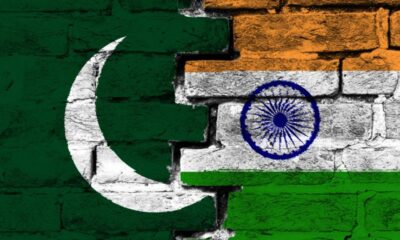
 Opinion2 months ago
Opinion2 months ago
 Business2 months ago
Business2 months ago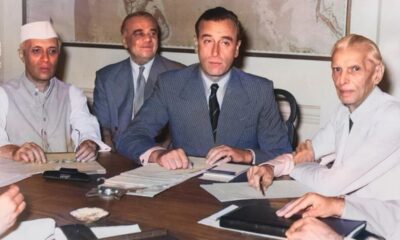
 Culture & Society2 months ago
Culture & Society2 months ago
 Culture & Society2 months ago
Culture & Society2 months ago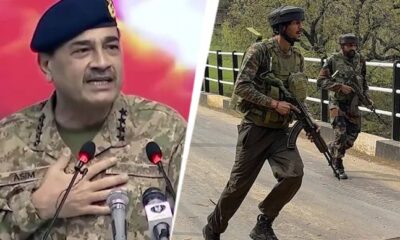
 iNational Indic2 months ago
iNational Indic2 months ago
